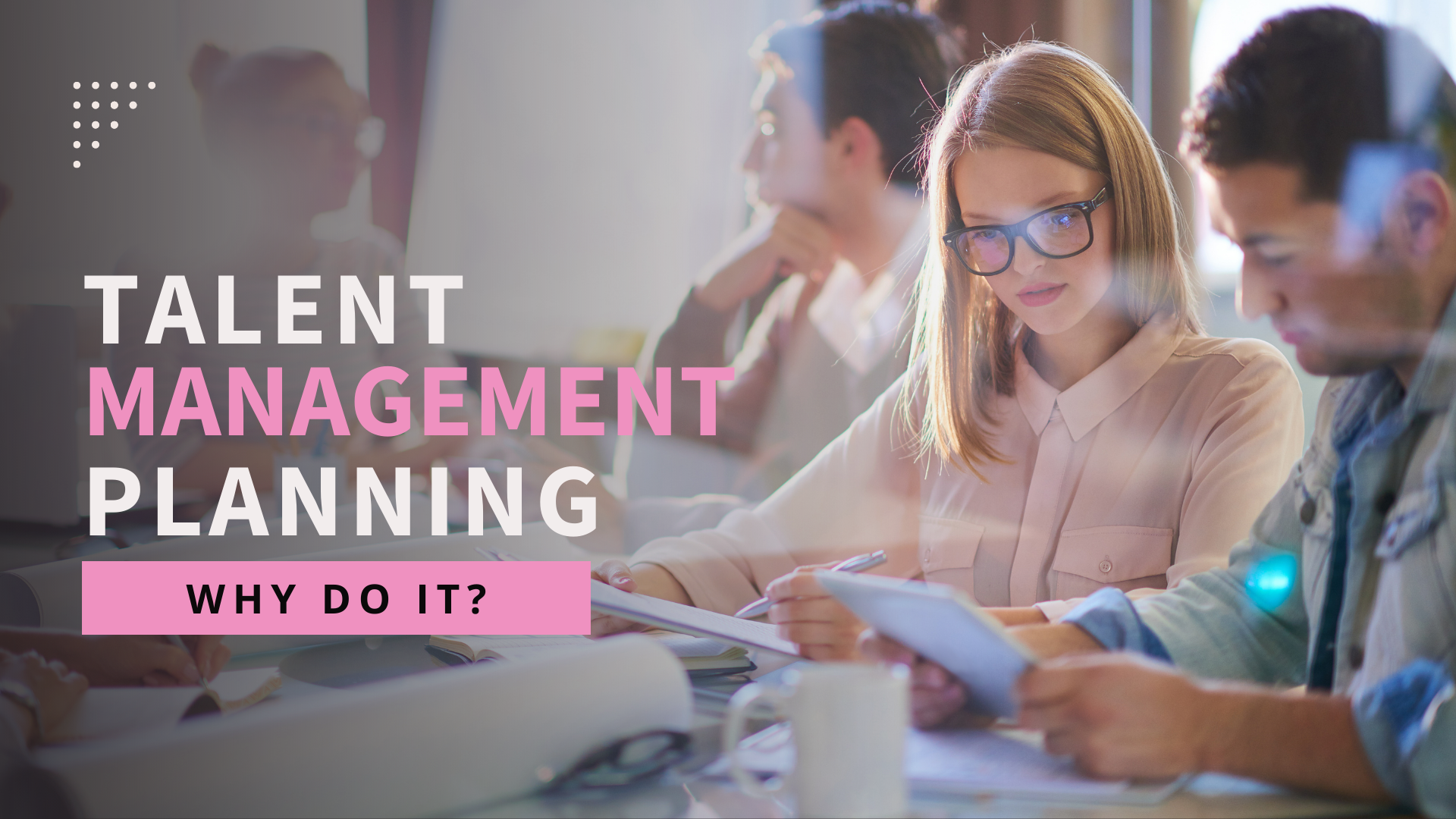Here at 1 Accounts we are invested in helping your business develop and succeed. We find allocating some time each week to business development is the best way to really make sure that your business grows according to your plan.
Business development is:
- any activity that is nurturing the future of your business, not the day-to-day tasks that tend to drain the majority of your time.
- about nurturing the right relationships so that you can create opportunities for your business and attract loyal clients who value what you and your firm do.
- highly valuable and is key to the long-term, sustainable success of your firm
So how do you do it and do it well?
1) It’s all about the client
Rather than sell at potential clients, focus on what they need. Always listen to them first and demonstrate empathy with their problems before ever talking about yourself and your firm.
2) Address their problems and fears
Now you know their specific challenges and worries, address them. What’s the biggest headache for your clients and prospects? How can you alleviate this pain for them? Again, talk to them about what keeps them up at night and listen. They’ll tell you all you need to know.
3) Solve their specific problem
If you already have a product or service that solves their biggest pain point, great! If you don’t, create something from scratch. Diversifying could open you up to a whole new target audience.
4) Think about your main offering
In a single sentence, sum up what you offer to your clients and this will be your brand tagline. Steer clear of things like “we give a personalised service” and be more specific. Do you take away a specific fear and help your clients sleep at night? Do you give them more time to spend with their family?
5) Differentiate yourself with your website and social media
You need to be spreading the word about how you can help your clients. Essentially, you need to be helping them to find you. Make sure you have a high-quality website that is SEO-optimised and has pop-ups offering valuable resources. You will also need to be regularly active on social media.
6) Build your brand
This takes time, but becoming an expert in what you do will reap the rewards. Use your tagline offering in everything that you put out there and produce content consistently. Whether it’s blogs on your website or posts on social media, create that emotional connection and you’ll see that people will engage.
7) Make it easy to get in touch
People will take the path of least resistance so make it easy for them to contact you. Contact details should be easy to find on your website and all call to actions should be clear throughout your marketing materials.
8) Nurture the relationship
So much business is lost through a lack of following up, so be there in front of your clients and prospects to build those relationships. Every blog post you’re sharing or newsletter you’re sending out should offer value; it should answer a question or solve a problem or inspire action. There is real value in regularly being in front of your clients, just as long as what you’re saying is useful to your target audience.
9) Focus on getting your existing clients to buy more from you
You already have a great relationship with your existing clients and they already like you, trust you, and know first hand the value that you offer. It makes sense then, to help them get more from you.
It really is as easy as 1,2,3…9
While business development is essentially sales, you need to always be thinking about who you are targeting and what they want to hear, rather than talking about yourself and what makes your firm special. What are their specific problems and aspirations? Using these 9 steps, you can get creative with your messaging and really stand out to your prospects.














